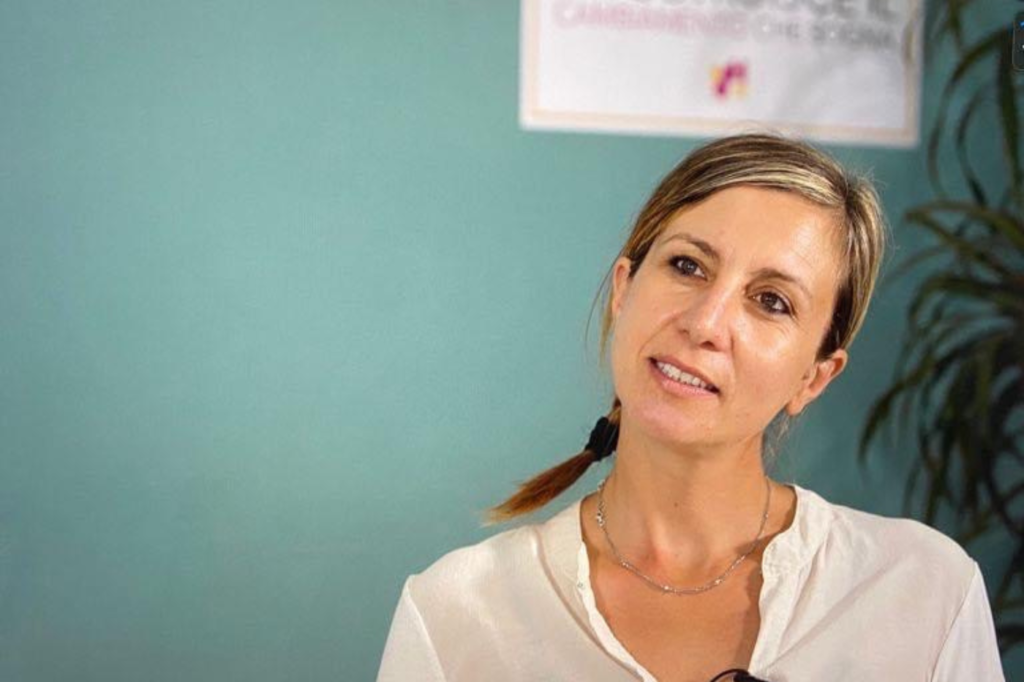
Suppose you have recommended this blog or were looking for autonomy online because you took. In that case, you're living, or you have concluded, by only/ao in pairs, a path of heterologous fertilization.
If you have any questions you can write to francesca.cavallini@centrotice.it
Do you know why I want you to know?
What are the protective processes?
A child, when it perceives changes in routines, steps into the shoes of the parent and, in a sense, takes chestnuts out of the fire instead of waiting for the parent to say what to do or not do to avoid embarrassment. In short, instead of waiting for the moms to tell her: “look, in this country it could be risky...bla..bla..” and to avoid the embarrassment and maybe the emotional tension, the child of free parents from this impasse.
All of this is right or wrong?
In general, the processes in which the child takes the place of the parents are never functional because it deprives the child of the unique aspects of childhood or the sense of security, trust and the do have a responsibility.
However, there are situations where the sense of security takes over, and the child triggers behaviors like the one I described.
The only thing that can make the parent is “unmask” the child, thanking him for his kindness and attention, but rather by showing that a parent knows how to manage, tolerate and cope with all the emotions.

Francesca Cavallini
Psychologist, Founder of the Tice, a Professor at the University of Parma, italy
Por una consulta escrita: Francesca Cavallini




